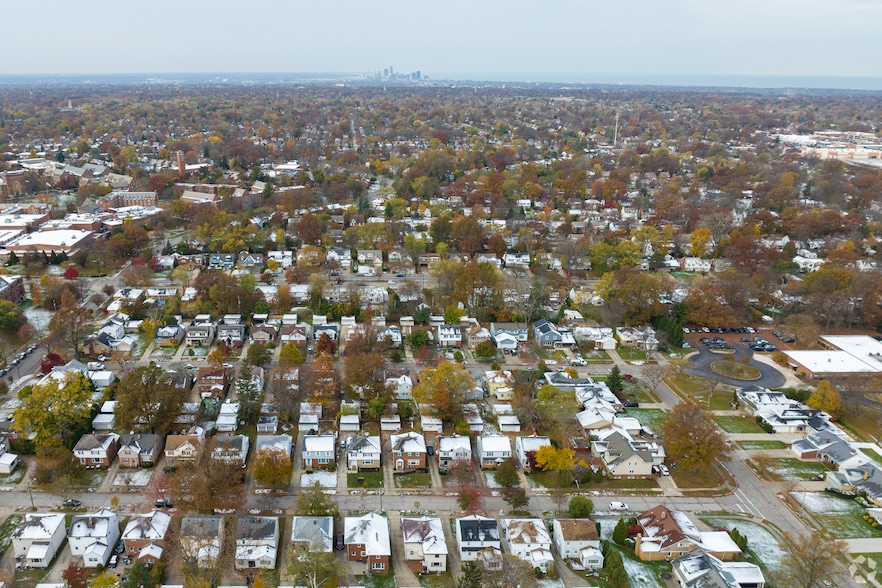The monthlong mortgage rate downturn has come to an end.
As of Thursday, the 30-year, fixed-rate mortgage averaged 6.22%, according to mortgage giant Freddie Mac. It's the first weekly increase in the measure since the first week of October. Even so, this week's average is still lower than the same time a year ago, when the 30-year mortgage averaged 6.79%.
The 15-year, fixed-rate mortgage followed suit, rising to an average of 5.5% in the week ended Thursday. That's higher than last week, but lower than a year ago, when it was 6%.
It was a similar story with daily mortgage rates, which typically show greater fluctuations than weekly averages.
As of Thursday, the 30-year, fixed-rate mortgage had fallen to 6.29%. It's an example of just how volatile the measure is: On Wednesday, daily mortgage rates were near a two-month high. The 15-year, fixed-rate mortgage had also decreased compared to the previous day. It was at 5.82% as of Thursday.
The mortgage market is starting to show cracks
The last week has been a volatile one for the mortgage market.
It started after the Oct. 29 Federal Reserve meeting, when the bank's chairman, Jerome Powell, cast doubt on the chances that the Fed would cut the key interest rate again in December. While the Fed doesn't set mortgage rates, its decisions and prognostications influence investor decisions that send ripple effects through the broader market.
So, when Powell said something that didn't match up with market expectations last week, it sent investors scrambling, ultimately pushing mortgage rates higher.
What started as slight upward pressure on daily measures of mortgage rates has turned into a weeklong trend, though, and it's been made worse by recent data about the economy.
Remember: The mortgage market is heavily affected by economic data. With the federal government still shut down, there's been a lack of official data from government agencies. That said, other sources have taken on an outsized importance.
On Wednesday, ADP released data about the private-sector job market. That report revealed that private employers added 42,000 jobs in October. The 42,000 figure isn't so important to mortgages — what is key is that the markets didn't expect there to be that many job additions. Wednesday also brought data about the strength of the services sector. That report, too, was stronger than expected.
While that's generally a good thing for the economy at large, it's not so good for mortgage rates, explained Matthew Graham, chief operating officer of Mortgage News Daily.
"Rates tend to benefit from economic weakness," he wrote in a Wednesday blog post. "As such, when reports are stronger than expected, it pushes rates higher, all else equal."
Even with the recent shakeup, it's important to consider the bigger picture: Mortgage rates are still lower than they were earlier this year and at this time last year.
That said, homeowner demand for refinances has more than doubled since last year, according to data from the Mortgage Bankers Association. Purchase applications, too, are up from a year ago.

